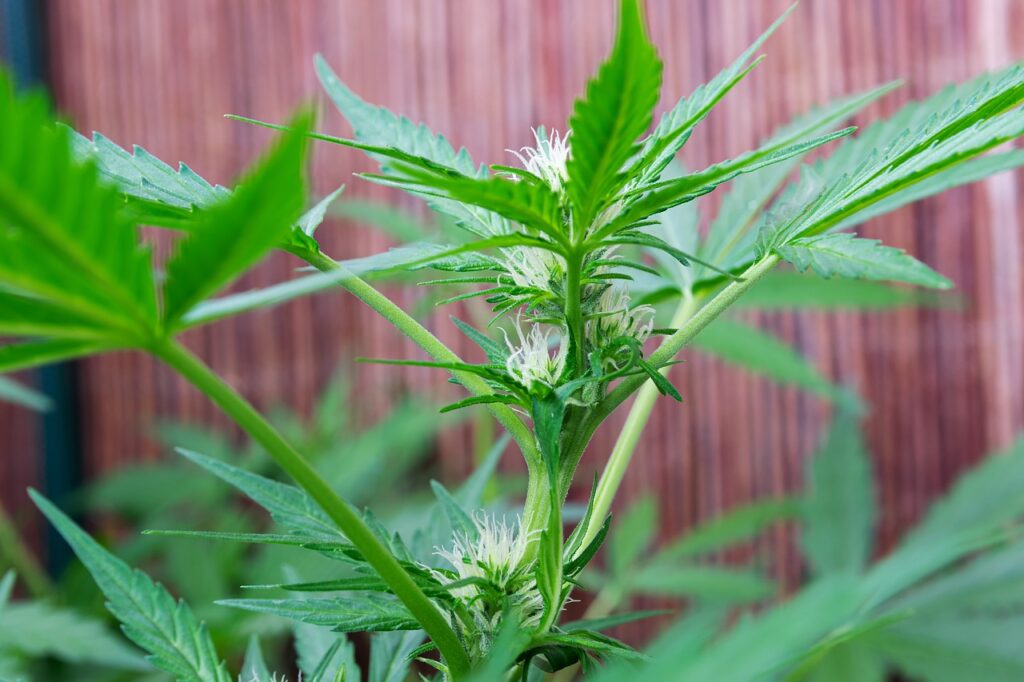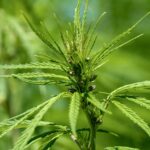In the evolving landscape of cannabis, understanding the nuances between different compounds is key to making informed choices. Two such compounds that often come up in discussions are THCA and THC. While they may sound similar, they have distinct properties and effects. This article explores the differences between THCA flower and THC, providing insights into their unique characteristics and uses.
Understanding THCA
THCA, or tetrahydrocannabinolic acid, is a non-psychoactive cannabinoid found in raw cannabis plants. It is the precursor to THC, the compound responsible for the psychoactive effects associated with cannabis. THCA that you can get from indacloud.co is abundant in fresh cannabis and begins to convert to THC when exposed to heat through a process called decarboxylation.
Properties of THCA
- Non-psychoactive: THCA does not produce the “high” commonly associated with cannabis use.
- Anti-inflammatory: Research suggests that THCA may have anti-inflammatory properties, making it potentially beneficial for conditions like arthritis.
- Neuroprotective: Some studies indicate that THCA might offer neuroprotective benefits, which could be useful in treating neurodegenerative diseases.
- Anti-emetic: THCA may help reduce nausea and vomiting, offering potential relief for patients undergoing chemotherapy.
Consumption Methods
THCA is typically consumed in its raw form, often through juicing fresh cannabis leaves or using tinctures. Since it is non-psychoactive, it can be incorporated into daily routines without altering mental clarity.
Exploring THC
THC, or delta-9-tetrahydrocannabinol, is the most well-known cannabinoid due to its psychoactive effects. It is the compound that gives cannabis its characteristic “high.” THC is formed when THCA is heated, either through smoking, vaping, or cooking.
Properties of THC
- Psychoactive: THC is responsible for the euphoric and mind-altering effects of cannabis.
- Pain relief: THC is known for its analgesic properties, making it effective in managing chronic pain.
- Appetite stimulation: Often referred to as the “munchies,” THC can increase appetite, which is beneficial for patients with conditions like HIV/AIDS or cancer.
- Sleep aid: THC may help improve sleep quality, offering relief for those with insomnia.
Consumption Methods
THC can be consumed in various forms, including smoking, vaping, edibles, and oils. Each method offers different onset times and durations of effects, allowing users to choose based on their preferences and needs.
Comparing THCA and THC
While both THCA and THC originate from the same plant, their effects and uses differ significantly. Understanding these differences can help users select the right product for their needs.
Effects on the Body
THCA is non-psychoactive, meaning it does not alter perception or cognitive function. This makes it suitable for individuals seeking therapeutic benefits without the high. In contrast, THC’s psychoactive properties can affect mood, perception, and cognition, which some users find beneficial for relaxation and creativity.
Medical Applications
Both THCA and THC have potential medical applications, but their uses vary. THCA’s anti-inflammatory and neuroprotective properties make it a candidate for treating conditions like arthritis and neurodegenerative diseases. THC’s pain-relieving and appetite-stimulating effects are valuable for managing chronic pain and appetite loss.
Legal Considerations
The legal status of THCA and THC varies by region. In many places, THC is subject to strict regulations due to its psychoactive nature. THCA, being non-psychoactive, may be less restricted, but it’s essential to check local laws before purchasing or consuming cannabis products.
Case Studies and Research
Several studies have explored the potential benefits of THCA and THC. For instance, a study published in the British Journal of Pharmacology highlighted THCA’s anti-inflammatory properties, suggesting its potential in treating inflammatory conditions. Another study in the Journal of Clinical Investigation found that THC could help reduce chronic pain in patients with multiple sclerosis.
These findings underscore the importance of continued research into both compounds to fully understand their therapeutic potential and applications.
Conclusion
THCA and THC, while related, offer distinct benefits and effects. THCA provides therapeutic benefits without psychoactive effects, making it suitable for those seeking relief without altering their mental state. THC, with its psychoactive properties, offers benefits for pain relief, appetite stimulation, and sleep aid. Understanding these differences can guide users in choosing the right product for their needs and preferences.
As research continues to uncover the potential of these cannabinoids, consumers can look forward to more targeted and effective cannabis-based therapies. Whether seeking relief from pain, inflammation, or other conditions, both THCA and THC offer promising avenues for treatment.

